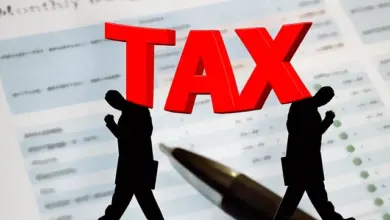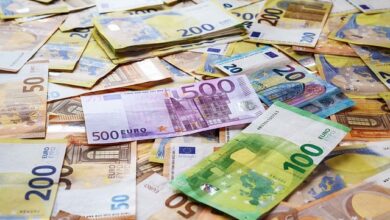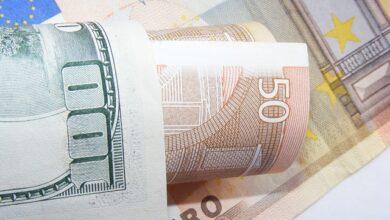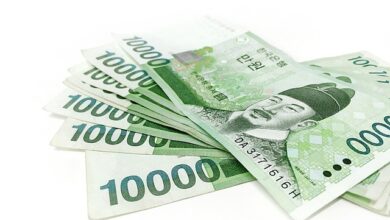How Much Do Public Transport and Travel Cost in Belgium?
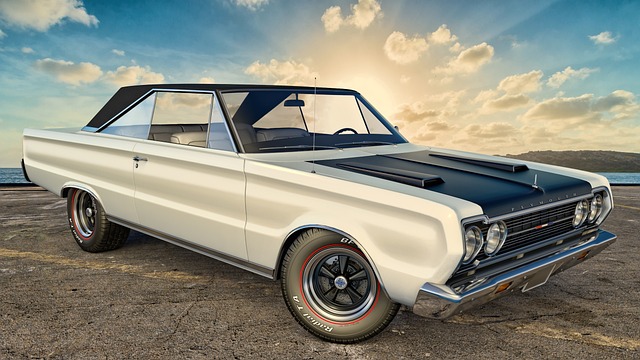
Belgium boasts an efficient and well-connected public transportation system, making it easy to navigate cities like Brussels, Antwerp, Ghent, and Bruges, as well as rural areas. Whether you’re commuting daily or planning a trip, understanding the costs of public transport and travel options in Belgium is essential for budgeting your journey. Below is a detailed breakdown of the costs associated with various modes of transportation.
1. Public Transport Overview
The primary operators of public transport in Belgium are:
- STIB/MIVB: Brussels’ public transport network (buses, trams, and metro).
- De Lijn: Operates buses and trams in Flanders.
- TEC: Manages bus services in Wallonia.
- SNCB/NMBS: National railway company providing train services across the country.
These systems are affordable, reliable, and interconnected, allowing seamless travel between regions.
2. Costs of Public Transport Tickets
a. Single Journey Tickets
- City Transport (Brussels – STIB/MIVB):
- Single ticket: €2.50 (valid for 60 minutes within the city).
- Short trip ticket: €2.10 (valid for 30 minutes on buses/trams).
- Regional Buses (De Lijn & TEC):
- Single ticket: €2–€3, depending on distance and region.
- Tickets can be purchased onboard or via mobile apps.
b. Multi-Journey Passes
- 10-Journey Pass (Brussels – STIB/MIVB):
- Price: €14.00 (approximately €1.40 per trip).
- Valid for 60-minute journeys within Brussels.
- OVR/OV-Chipkaart (Flanders – De Lijn):
- Prepaid card system where fares depend on distance traveled.
- Average cost per ride: €1.50–€3.00.
c. Day Passes
- Brussels Day Pass (STIB/MIVB):
- Unlimited travel within Brussels for one day: €8.00.
- Regional Day Passes (De Lijn/TEC):
- Prices vary by region but typically range from €7–€10.
d. Monthly/Annual Subscriptions
- Monthly Pass (Brussels – STIB/MIVB):
- Full price: €59.00 (unlimited travel within Brussels).
- Reduced rate for students, seniors, and low-income individuals.
- Regional Subscriptions (De Lijn/TEC):
- Monthly passes start at around €50–€70, depending on the zone and frequency of use.
3. Train Travel Costs
Belgium’s national train operator, SNCB/NMBS , offers extensive coverage and competitive pricing. Here’s a breakdown:
a. Domestic Trains
- Single Ticket (Standard Class):
- Short distances (e.g., Brussels to Antwerp): €8–€12.
- Medium distances (e.g., Brussels to Ghent): €10–€15.
- Long distances (e.g., Brussels to Bruges): €15–€20.
- Go Pass 1 : A special ticket for travelers under 26 years old.
- Price: €6.00 for any domestic journey.
- Rail Passes:
- Weekend Pass: €76 (unlimited travel Saturday–Sunday).
- 10-Journey Pass: €76 (approximately €7.60 per trip).
b. International Trains
- High-speed trains connect Belgium to neighboring countries like France, Germany, and the Netherlands.
- Example: Brussels to Paris (Thalys) starts at €39 (early booking required).
4. Bike Rentals
Cycling is a popular mode of transport in Belgium, especially in cities like Ghent and Bruges. Many cities offer bike-sharing programs:
- Villo! (Brussels):
- Daily subscription: €2.00 + usage fees (€0.50–€1.50 per 30 minutes).
- Blue-Bike (Train Stations):
- Registration fee: €1.00 + rental fee (€1.50 per hour).
5. Taxi and Ride-Sharing Services
Taxis and ride-sharing apps like Uber and Bolt are available but more expensive than public transport.
- Taxi Fare:
- Starting fee: €2.50–€3.00.
- Per kilometer: €1.50–€2.00.
- Average city ride: €10–€20.
- Ride-Sharing:
- Similar pricing to taxis, often slightly cheaper.
6. Car Rentals
Renting a car is ideal for exploring rural areas or traveling outside major cities.
- Daily Rental Rates:
- Economy cars: €30–€50 per day.
- Mid-size cars: €50–€80 per day.
- Luxury cars: €100+ per day.
- Additional Costs:
- Insurance: €10–€20 extra per day.
- Fuel: Gasoline/diesel prices average €1.80–€2.00 per liter.
- Tolls and Parking:
- Most roads in Belgium are toll-free, except for some tunnels and highways.
- City parking fees: €2–€4 per hour; daily rates up to €25.
7. Budget Tips for Travelers
- Use Multi-Journey Passes: Save money by purchasing 10-journey passes instead of single tickets.
- Travel Off-Peak: Train tickets are often cheaper during off-peak hours.
- Explore Bike-Sharing Programs: Renting bikes is eco-friendly and cost-effective for short trips.
- Take Advantage of Discounts: Seniors, students, and groups may qualify for reduced fares.
- Plan Ahead for Trains: Book international train tickets early to secure lower prices.
8. Sample Travel Scenarios
Scenario 1: One-Day Trip in Brussels
- Metro/bus rides: €8.00 (day pass).
- Coffee/snack: €5.00.
- Museum entry: €10–€15.
- Total: Approximately €25–€30.
Scenario 2: Weekend Getaway (Brussels to Bruges)
- Train ticket (round trip): €30–€40.
- Accommodation (budget hotel/hostel): €50–€70 per night.
- Meals and activities: €30–€50 per day.
- Total: Approximately €110–€160 for two days.
9. Frequently Asked Questions
Q: Is there a unified transport card for all regions?
No, each region has its own system (STIB/MIVB for Brussels, De Lijn for Flanders, TEC for Wallonia). However, some interregional tickets are accepted.
Q: Are children free on public transport?
Yes, children under 6 years old travel free on most public transport systems.
Q: Can I use cash to buy tickets?
Cash payments are accepted on buses/trams in some regions, but it’s recommended to use prepaid cards or mobile apps for convenience.
Q: How do I validate my ticket?
Tickets must be validated upon boarding buses/trams or entering metro stations using designated machines.
